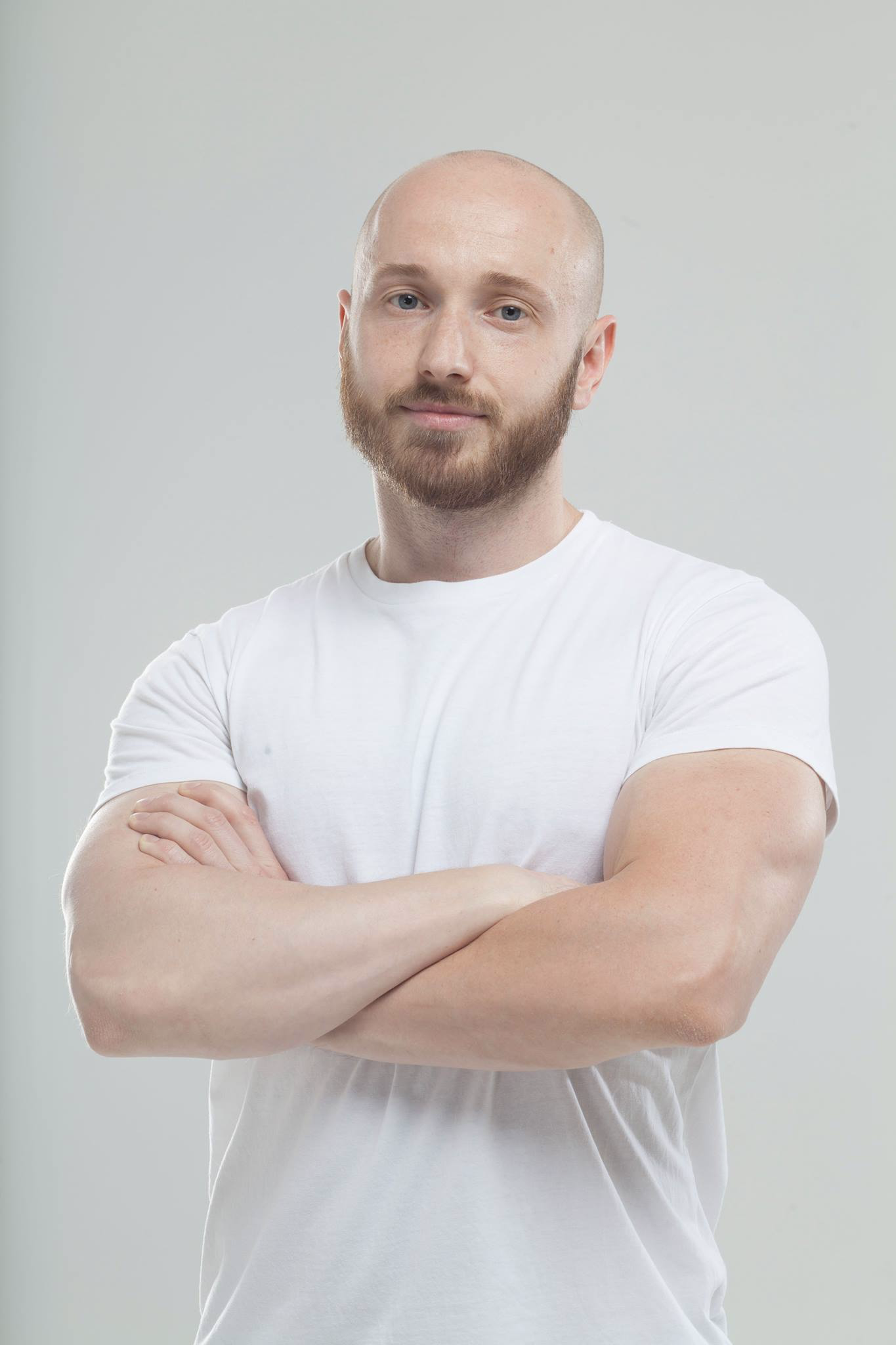
SuperFood is always on the lookout for topics that are interesting and relevant to the industry. And of course, we “hunt” for expert opinions and are always happy to communicate with professionals.
Sports nutrition are two words that I want to turn into a short interview.
How to “prescribe” dietary supplements for yourself? Is it mandatory to consult a doctor? Is it possible to figure out a pseudo-specialist and not harm your health?
These and other questions were answered by Vladimir Sudarev, a nutritionist, a teacher of the Central Scientific and Practical Center.
– Vladimir, hello! In your opinion, are there any major problems in the sports nutrition and dietary supplements industry? If so, which ones?
– Good day. Most supplements are not well understood. This has its problems.
Firstly, different groups of subjects and different kinds of sports are not always represented in the studies. In addition, testing is often done on too small groups. And the effects of interactions have not been studied enough.
– It is interesting to know your attitude to domestic manufacturers of sports food: which one will you choose for yourself – “native” or foreign?
– The attitude is positive. I am glad that we have and are emerging new actively developing companies working with competent food technologists and nutritionists. There is competition and it is good for the consumer.
I will choose any manufacturer, and my main requirement is that the product must be “honest”: what is on the package is inside.
– How to choose food supplements for yourself? Is it necessary to consult a doctor before use?
– Yes, of course, a competent nutritionist / dietitian must first of all organize a personalized adapted diet – food comes first! And dietary supplements are already added to the diet if necessary.
The doctor can identify the presence of deficiencies in relation to micronutrients and only then prescribe supplements taking into account the indications or contraindications.
When using protein / protein-carbohydrate / carbohydrate supplements, it is imperative to take them into account in the chemical composition of the diet, focusing on the consumption rates. If a person has any medical conditions, then he should discuss the intake of any supplements with his attending physician. And the last word will be with the narrow specialist.
– If a person goes in for sports, is it necessary to use sports nutrition products? For example, vitamins and vitamin and mineral complexes.
– Yes, but ideally, you need to be tested before the appointment.
– A question arises about health and safety: how common is the problem of pseudo-dietitians and nutritionists who have completed short courses in their specialty and advise patients? How often do you come across this in your practice?
– The problem, first of all, is who they get their knowledge from. Ideally, they should be passed on by a dietitian practitioner.
– Is it possible to recognize a non-physician, whose consultations should be avoided?
– Study the background of nutrition specialists: where and from whom did they get their knowledge, what kind of teaching staff passed this knowledge to them, so to speak. The specialist’s radicalism should be alerted: a sharp restriction of one of the macronutrients or a shift in the balance towards one of them. Another reason for distrust is the promotion of any fasting: dry, interval, cascade, etc.
– Thank you for your responses! See you on the SuperFood pages.
The material was prepared by Alexandra Goryunova
